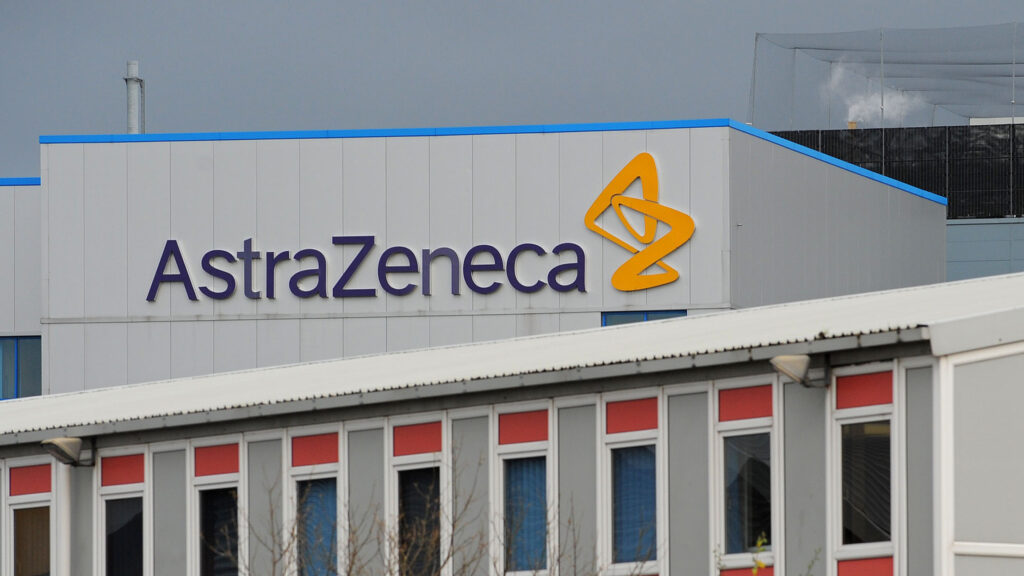AstraZeneca disclosed Wednesday that Leon Wang, a high-ranking executive who oversees international operations and is also president of its subsidiary in China, is under investigation by Chinese authorities. The company added that it will cooperate, if asked to do so.
The move comes after authorities recently detained Eva Yin, a former AstraZeneca executive who is currently chief commercial office for Beigene, a Chinese drugmaker, according to local media reports. Before joining Beigene in January 2022, Yin had worked for AstraZeneca for more than 15 years and was general manager of its oncology business in China.
advertisement
Last month, the company acknowledged a “small number” of employees were under investigation after police in China arrested five current and former AstraZeneca employees for questioning about potential illegal activities. The individuals, who were detained last summer, are all Chinese citizens who marketed cancer drugs in AstraZeneca’s oncology division.
One probe is related to collection of patient data, and whether that infringed data-privacy laws. Chinese authorities are also exploring involvement in importing a liver cancer drug that was not approved for distribution in mainland China, according to Bloomberg News, which first reported the detentions. At the time, AstraZeneca acknowledged the investigation.
AstraZeneca is the largest overseas drugmaker in China, based on sales, with about 16,000 employees in the country. The company generated about $5.9 billion in revenue in China last year, which amounted to approximately 13% of overall revenue. In December, the company made one of its first acquisitions in China, paying up to $1.2 billion for cell therapy company Gracell Biotechnologies.
advertisement
Last year, Wang spoke at an event in Wuxi, China, to celebrate the company’s 30th anniversary in the country and said that AstraZeneca “loves the Communist Party,” according to Reuters. Pledging allegiance to the ruling is typical among domestic companies seeking to strengthen ties to the government, but unusual for a foreign company.
Two years ago, several employees in China were found to have tampered with genetic testing results of cancer patients following an internal company probe and were subsequently arrested by the National Healthcare Security Administration. AstraZeneca maintained it took “serious action” against those involved and voluntarily reported the incident to the local medical insurance department.
This is not the first time that a large international pharmaceutical company has encountered a scandal in China. In 2014, GSK paid a $490 million fine for paying bribes to doctors to use its drugs, with former Chinese director Mark Reilly and other company executives receiving suspended prison sentences.

